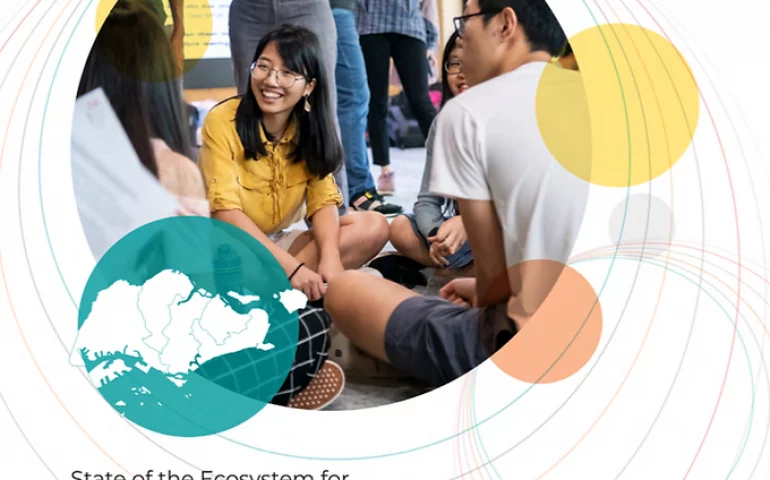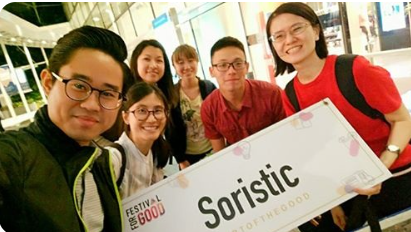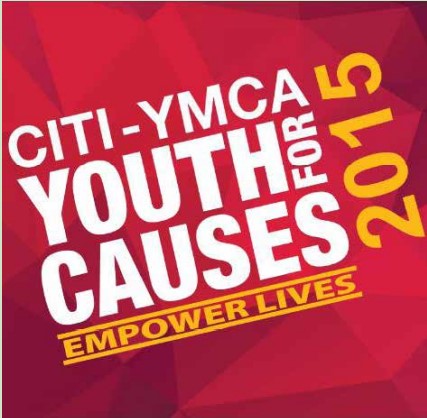Social entrepreneurship and social enterprise are terms that are relatively new in Singapore. Social enterprises have the power to apply commercial strategies to maximise the financial, mental and environmental well-being. But above all, social enterprises give us hope for the future. The children of today are our citizens of tomorrow and it is crucial that we impart basic concepts of social entrepreneurship to kids at that early age.
This national research project for Singapore is part of an international series of research undertaken by the United Nations Development Programme (UNDP) through their Youth Co:Lab movement. The research looks at the strengths, workings, challenges and opportunities of the youth social entrepreneurship ecosystem in Singapore. Through survey, interviews and focus group discussions, we
- Mapped the key ecosystem players in the youth social entrepreneurship space in Singapore
- Analysed the strengths, opportunities, challenges and gaps of the youth social entrepreneurship landscape in Singapore.
- Brought the private and public sector together to address any identified challenges or gaps through concrete recommendations.
About Youth Co:Lab:
To address some of these and other challenges and to empower youth to create impact at scale, Youth Co:Lab was co-created in 2017 by the United Nations Development Programme (UNDP) and the Citi Foundation. The core mission is to establish a common agenda for countries in the APAC region to empower and invest in youth, so that they can accelerate the implementation of the Sustainable Development Goals (SDGs) through leadership, social innovation and entrepreneurship. Since inception, Youth Co:Lab has been implemented in 28 countries across APAC with the Singapore programme being kicked off in 2019.
Last year, UNDP and Citi Foundation have commissioned Soristic for this study to strengthen the understanding of the current state of the ecosystem for youth social entrepreneurship in Singapore and provide recommendations to strengthen the ecosystem over the coming years.
To read the full report, click the link here: https://bit.ly/4515XkQ




